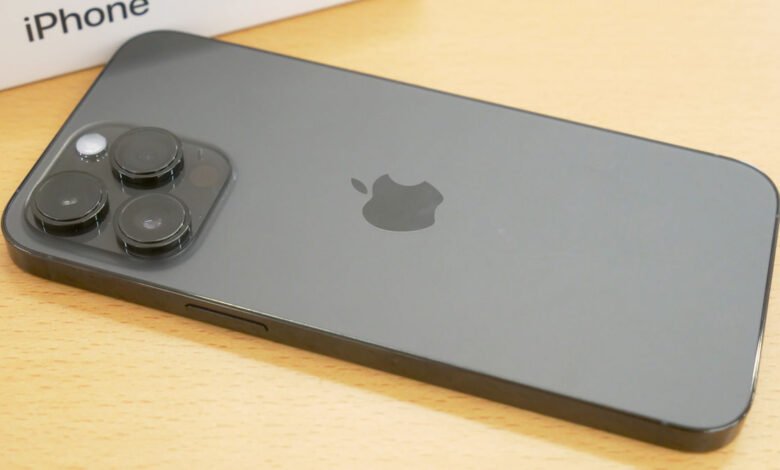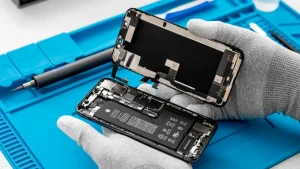In 2025, Apple will use its own wireless chips in the iPhone.

In 2025, Apple will use its own wireless chips in the iPhone? Apple has declared that its SIM will debut in 2024 or the first part of 2025. Currently, Apple uses wireless chips from Broadcom and cellular chips from Qualcomm.
Official sources claim that in 2025, Apple will ship iPhones that include the company’s first wireless processor. Apple is also considering integrating its wireless and cellular components. As a result, there will be an increase in power draw, a decrease in space requirement, and a reduction in production costs.
Read More: Windows RDP Password Change Procedure
wireless chips in the iPhone

In truth, this is only one of Apple’s many initiatives to internalise most of the manufacturing and reduce its reliance on external suppliers.
If we use the most recent example, Apple’s M series silicon is unquestionably profitable for the business.
The biggest client of Broadcom, Apple, contributed about 20% of the company’s revenue in the previous fiscal year. The sum was around $7 billion. On the other hand, Qualcomm received approximately $10 billion, or 22%, of its annual revenues from the producer of the iPhone.
The iPhone accounts for more than half of Apple’s $394.3 billion in revenue, making it the company’s biggest earner. Additionally, Broadcom, which refers to Apple as its “major North American customer” on results calls, has benefited from the cellular company’s growth.
A composite component that manages WiFi and Bluetooth on Apple devices is also made by the semiconductor maker. In 2025, Apple intends to develop a proprietary processor replacement and use it in its products.
The Cupertino, California-based company Apple declined to comment. Broadcom, meanwhile, also offers Apple more components including radio frequency chips and wireless charging processors.
Broadcom CEO Hock Tan stated, “We think we have the greatest technology and are providing value to our customers. There is no justification for seeking employment elsewhere if you are not the greatest.
The chip manufacturer stated in November that, up from an earlier expectation of just 20%, “it is projected to supply the great majority of modems for the 2023 iPhone launch.” Beyond this, the underlying planning premise remains same. Additionally, we expect Apple product revenues to contribute very little in fiscal 25,” added Qualcomm.
Unfortunately, a cellular modem enables iPhone calls and internet access when not connected to WiFi. Additionally, if Apple’s solution is weaker to Qualcomm’s component, it might significantly disadvantage the company’s flagship device.










